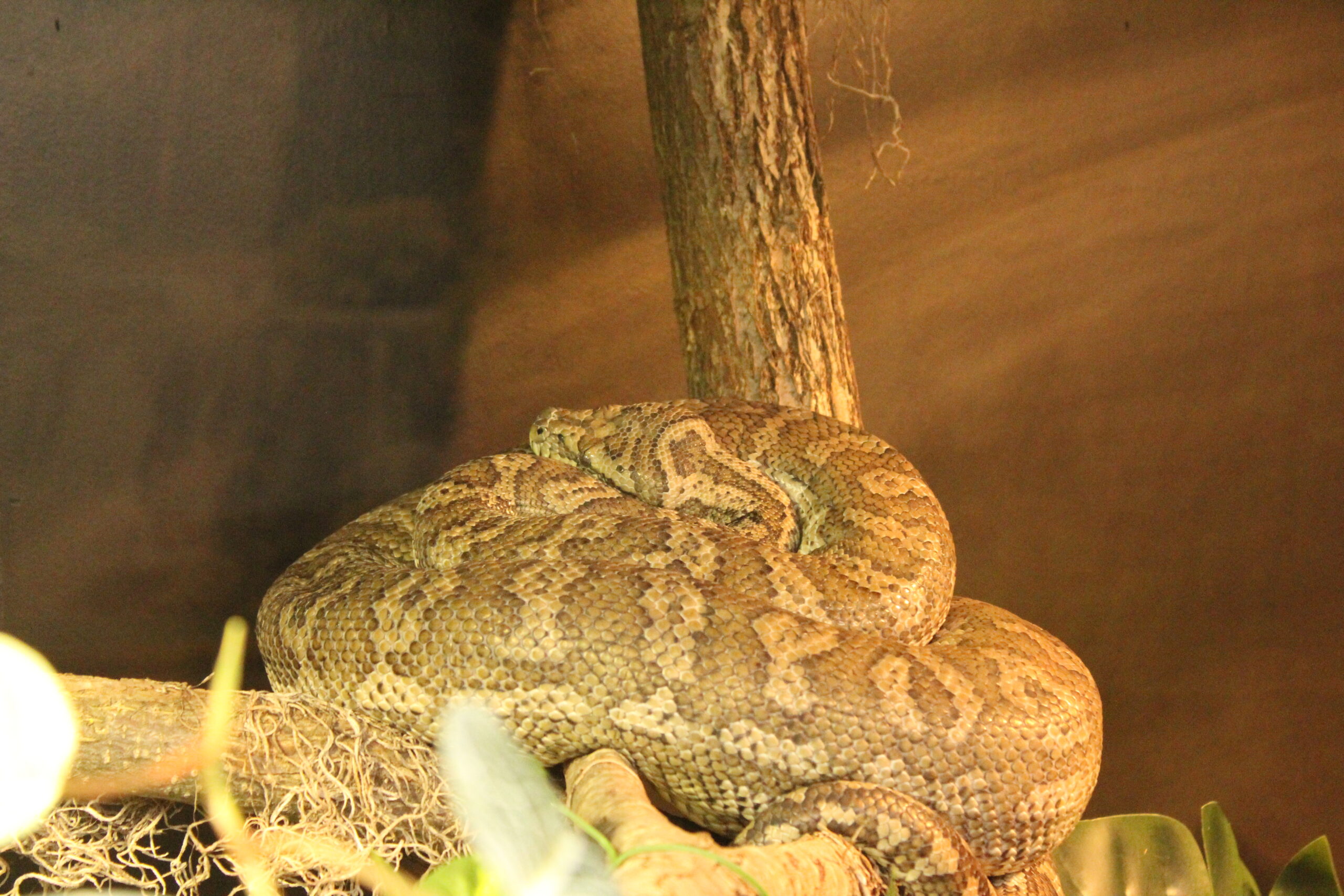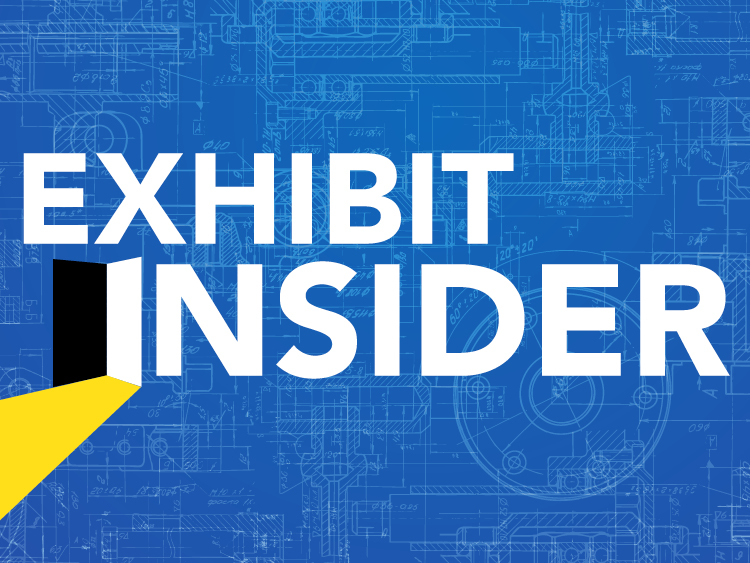We enter the New Year with a shared hope that 2021 will be better. We are more optimistic because we know that vaccines are on the way and that some semblance of normalcy might return to our lives within the year ahead. And yet, worrying news of more contagious Coronavirus variants and continued social resistance to basic protection and containment methods threaten to make the last months of the pandemic its most painful, or least to slow down our recovery. We have a shining light at the end of the Coronavirus tunnel to give us hope, and a critical section of track to cover before we reach it.
For a very large portion of society, the option of accelerating our return to safety and some semblance of the lifestyle and economy we treasure has always been before us. Mitigation techniques such as social distancing and face coverings are inconvenient and jarring, and economically excruciating. But they have protected untold thousands from sickness and death. These data-informed tactics are the ultimate form of citizen science. We can practice science-based actions on our own, and the experiment rewards us with dramatically improved chances of avoiding sickness for ourselves and those around us.
After mask-wearing and other virus avoidance measures, science is bringing us the ability to be inoculated against the virus. This very likely will enable many of us to finally set aside our masks, because we won’t need to worry about catching or spreading the virus any longer, at least not as much. Here again, individuals will have science and data to consider in determining whether to access this option.
The theme here is the role of individuals to determine their own actions in response to tested, authentic, rigorous science. One has the option to accept or reject it, but also the responsibility as a citizen and a member of the human community to be truly informed when doing so. When we have questions, we might consult with our health care providers or read-up. When we go casting about for information, we may find conflicting opinions, or wrong or misleading information. The world is full of bad advice. The willingness and the capacity of the individual to examine and understand what science tells us about a muddle of assertions is essential.
To cut through the din, curiosity and critical thinking are the best prescription. This is why a science-aware, science-informed society is so important. Even a general awareness of how science works can allay sometimes dangerous misperceptions. And this is why our mission is not simply to “teach science”. Rather, it is to inspire a greater awareness of science, how it works to find answers, and how curiosity and critical thinking must be used to peel away assumptions, rhetoric, or habits.
While this commentary references the Coronavirus, these are the same tools necessary to cull the thousands of returns one gets when searching the internet and turning to broadcast and social media for any information or advice or to be empowered users of technology, such as a smartphone. The velocity and volume of information around us is truly overwhelming. Contending with it requires a process of evaluation and selection. “Science” is a good word for that process.

Matt Fleury is the President and Chief Executive Officer of the Connecticut Science Center. He is a member of the Association of Science Technology Centers’ board and the Connecticut Board of Regents for Higher Education, and has driven major fundraising campaigns to effectively engage education, business, and government leaders.



